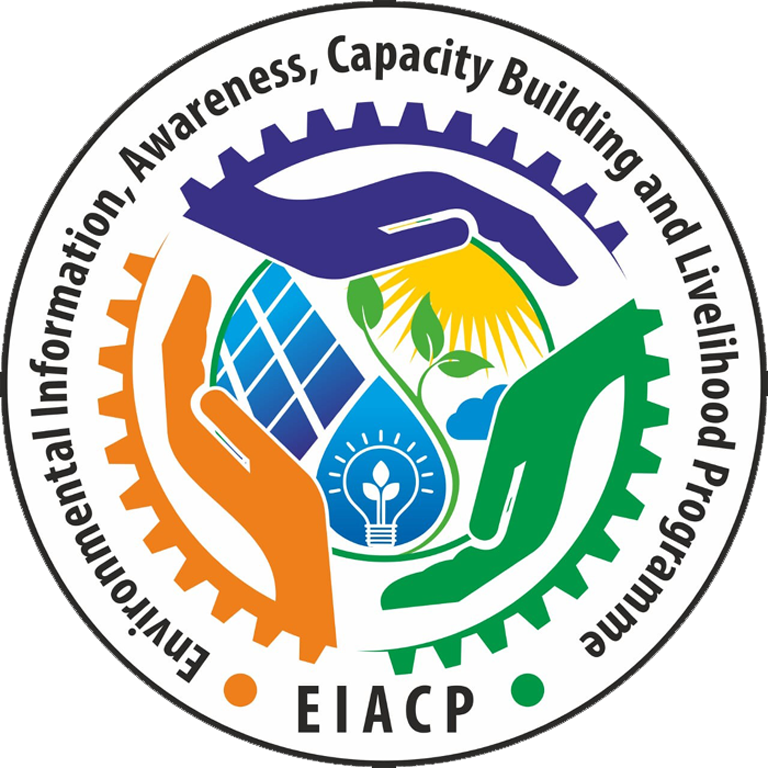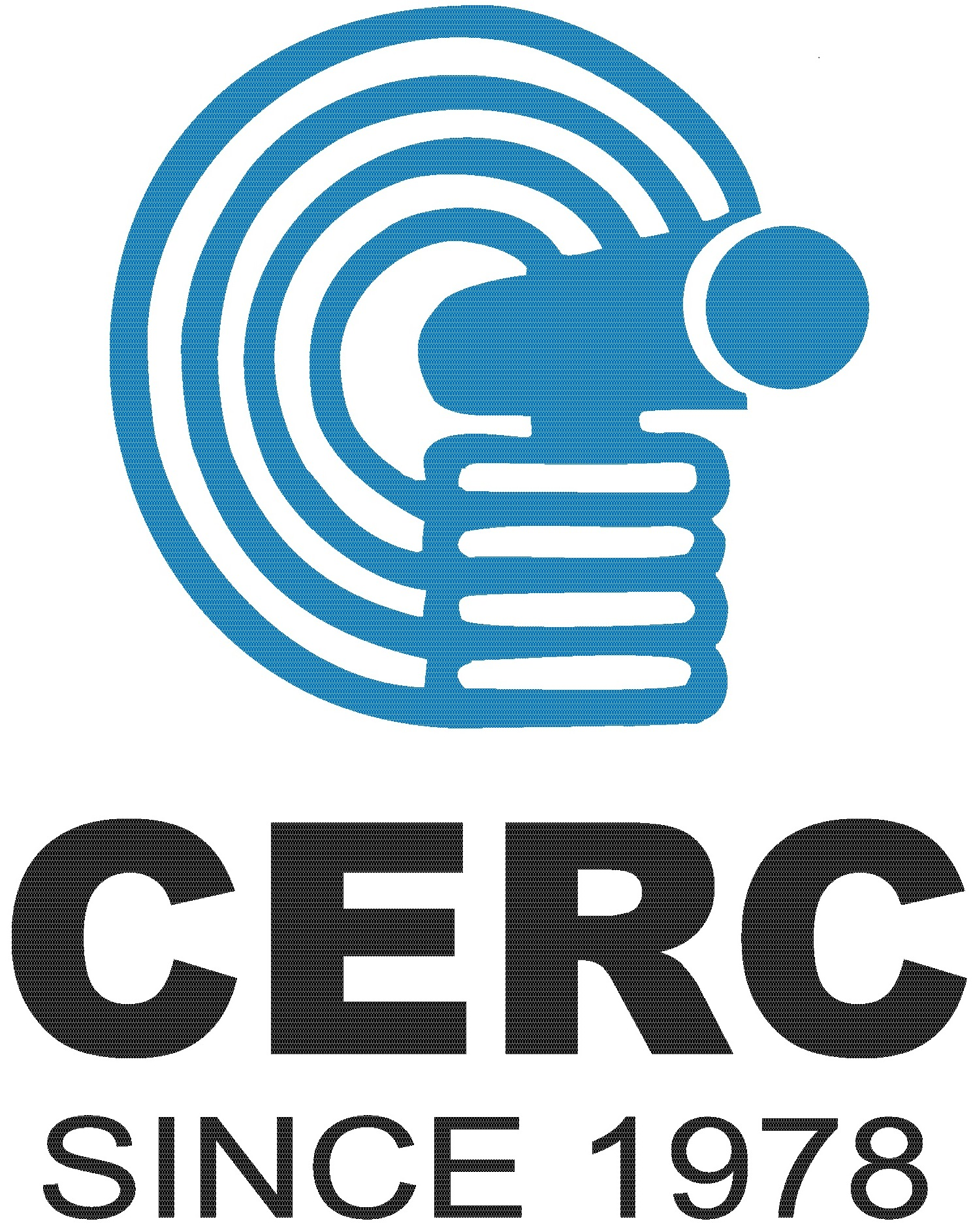The usefulness of ecolabelling in creating a market-based incentive for environment-friendly production was recognized about two decades ago when the first ecolabelled products were put on sale in Germany in the late 1970s. Since then, and especially during the 1990s, ecolabelling schemes have been developed in most industrialized countries for a wide range of products and sectors. In recent years, they have been gaining importance in a number of developing countries, including Brazil, India, Indonesia and Thailand. The concept was globally endorsed in 1992 at UNCED, where governments agreed to "encourage expansion of environmental labelling and other environmentally related product information programmes designed to assist consumers to make informed choices".
Ecolabelling schemes have potential implication for trade. Product related environmental policies, initiated and implemented particularly in developed countries have caused concern among developing countries. One instrument of such a policy is environmental labelling which has raised questions about competitiveness and market access. If they fail to meet the product specific criteria established by environmental labelling programmes, developing countries fear that market entry will be restricted. Moreover, even if market access is obtained, and the product’s processing, consumption and disposal have a reduced burden on the environment, its failure to qualify for a programme’s label or logo undermines its ability to reflectively compete with labelled product in the local market. To address this concern, the United Nations Conference on Trade and Development (UNCTAD) has initiated a project on environmental labelling to study the impact of environmental policy instrume nts like regulations and standards on developing country trade. The principle purpose of this project is to help ensure that ecolabelling does not become an obstruct to trade from developing countries.
Eco-labelling programmes are developed by governmental bodies or by voluntary bodies that are sponsored by the government and receive support from them in the form of technical research, and financial assistance. Further a number of eco-labelling programmes require that the recommendations of the jury relating to the selection of products, the procedures etc. be approved by governments. In granting such approval, governments have to ensure that the obligations they have assumed under GATT and one of its subsidiary Agreements viz., Agreement on the Technical Barriers to Trade (TBT) are fully respected.










